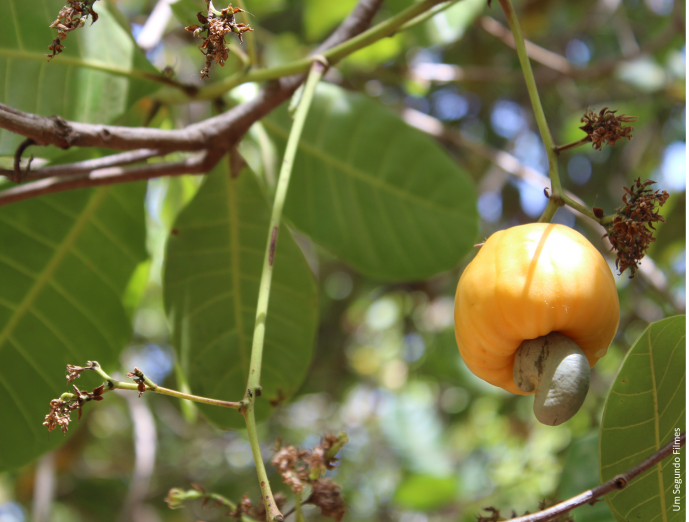Tropical Biology - TROPBIO

The tropics support the greatest diversity of living organisms on Earth, where highly complex patterns of biotic and abiotic interactions offer unique opportunities to better understand the evolutionary processes that creates, maintain and change biodiversity. However, the incompleteness of information on biodiversity and its evolutionary basis in these regions remains a major challenge, which is of special concern considering the accelerated rate of habitat degradation and biodiversity loss over the last decades due to human activities.
The major goals of TROPBIO are to:
- undertake fundamental research on tropical regions to fill knowledge gaps on the patterns of biodiversity (from genes to ecosystems);
- investigate the evolutionary and ecological mechanisms underlying current patterns of genetic diversity;
- develop baseline information and methodologies for conservation planning, including the application of molecular markers in species management and conservation;
- promote the sustainable use of biodiversity and ecosystems in tropical regions;
- develop and implement capacity building and advanced training programs in tropical countries.
Under this framework, the group intends to consolidate and extend collaborative networks with researchers and institutions from many tropical countries, paying special attention to Portuguese- speaking African nations. This strategy articulates with some of the major goals of InBIO, which seeks to contribute for strengthening the research capacities at the local level, under the innovative TwinLabs partnerships. As a result of this strategy, most TROPBIO projects over the 2013-2017 period have been conducted under close partnerships with local institutions, being supported by an extensive list of external collaborators, including full professors, ungraduated, master and PhD students, and technicians from Brazilian and African institutions.
